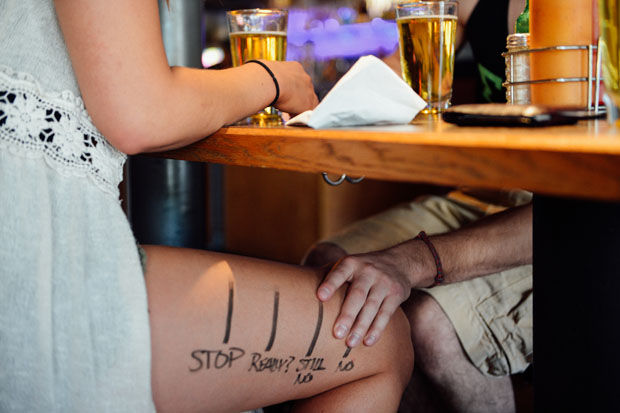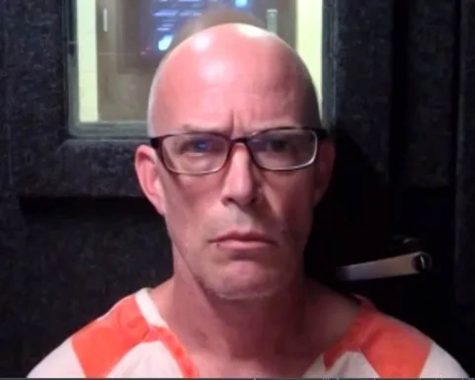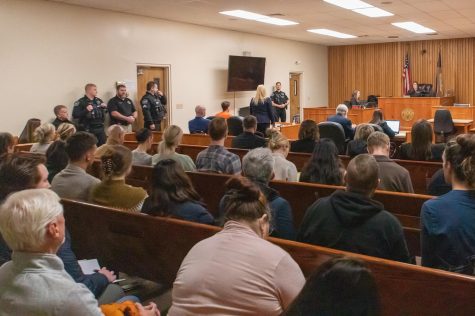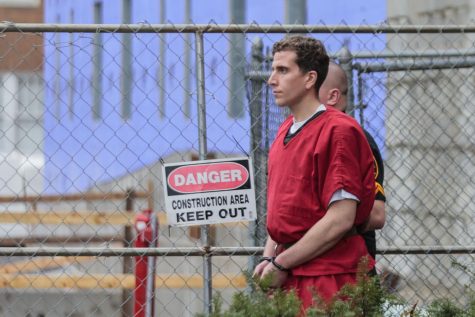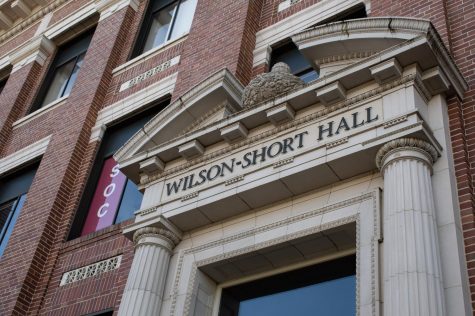WSU: Education is the best defense against a sexual assault culture
April 29, 2015
When it comes to sexual assault, Washington State University and the Pullman community have many avenues for programming and prevention efforts.
In recent years, the University has made changes to its disciplinary process, said Dean of Students Melynda Huskey. This includes better assistance programs for assault survivors as well as educational and preventative measures.
Huskey emphasized that a more supportive culture around sexual decision-making, and a more accepting attitude toward sexuality could go a long way toward creating a more positive culture.
Edwin Hamada, Director of Residence Life, said that Res Life provides its must impactful sexual assault education through programming and Resident Adviser (RA) activities.
Last fall, Residence Life hosted the “Can I Kiss You?” event, which was a bystander intervention program that took place during Week of Welcome.
Hamada said that bulletin boards are an effective form of passive programming because it reaches a lot of students.
“That’s another way that we provide educational outreach is through educational bulletin boards that probably reach more people than a one-time program that maybe you might catch a dozen people,” he said.
In addition to prevention activities, RAs go through extensive training to know what to do when a resident informs them of a sexual assault.
Residence Life also regularly teams up with Health & Wellness for the Green Dot violence prevention program.
The Green Dot program is a primary focus for violence prevention, said Nikki Finnestead, violence prevention coordinator.
Green Dot training, which takes place in the form of an all-day workshop during the semester, typically sees between 100 and 200 students per semester, Finnestead said. Additionally, Green Dot addresses all incoming undergraduate and transfer students in a briefer, more introductory format.
“Really what we’re trying to do is instead of just reaching out to potential victims, we want to talk to everybody on this campus about what they can do to realistically prevent this violence from happening in the first place,” Finnestead said. “So we want to engage everyone as bystanders to potential acts of violence.”
Finnestead said the most important takeaway for students is confidence that they can help prevent gender-based violence.
“I think it’s really important if someone comes to you, to not have all the answers, but to at least know – tell this person it’s not their fault, that you believe this person, and get this person connected to resources,” Finnestead said. “I think that’s one way we can really help people feel more comfortable coming forward because we can let them know they’ll be met with support.”
Located within the Green Dot office is a desk for an Alternatives to Violence of the Palouse (ATVP) advocate.
“Our mission is to promote peace and safety and justice here on the Palouse and help survivors make their own best decisions,” said Emilie McLarnan, the sexual assault prevention coordinator for ATVP. “Our role is not to make those decisions for them but to give people the options that they need to make the decisions that are going to be in their best interest.
“We work collaboratively with other organizations on campus and in Pullman and I would say in general, the whole point of bringing together law enforcement, folks from the prosecutor’s office, the advocates and medical folks, (is) to make sure that victims are getting a consistent response when they do need to tap into those systems,” McLarnan said.


